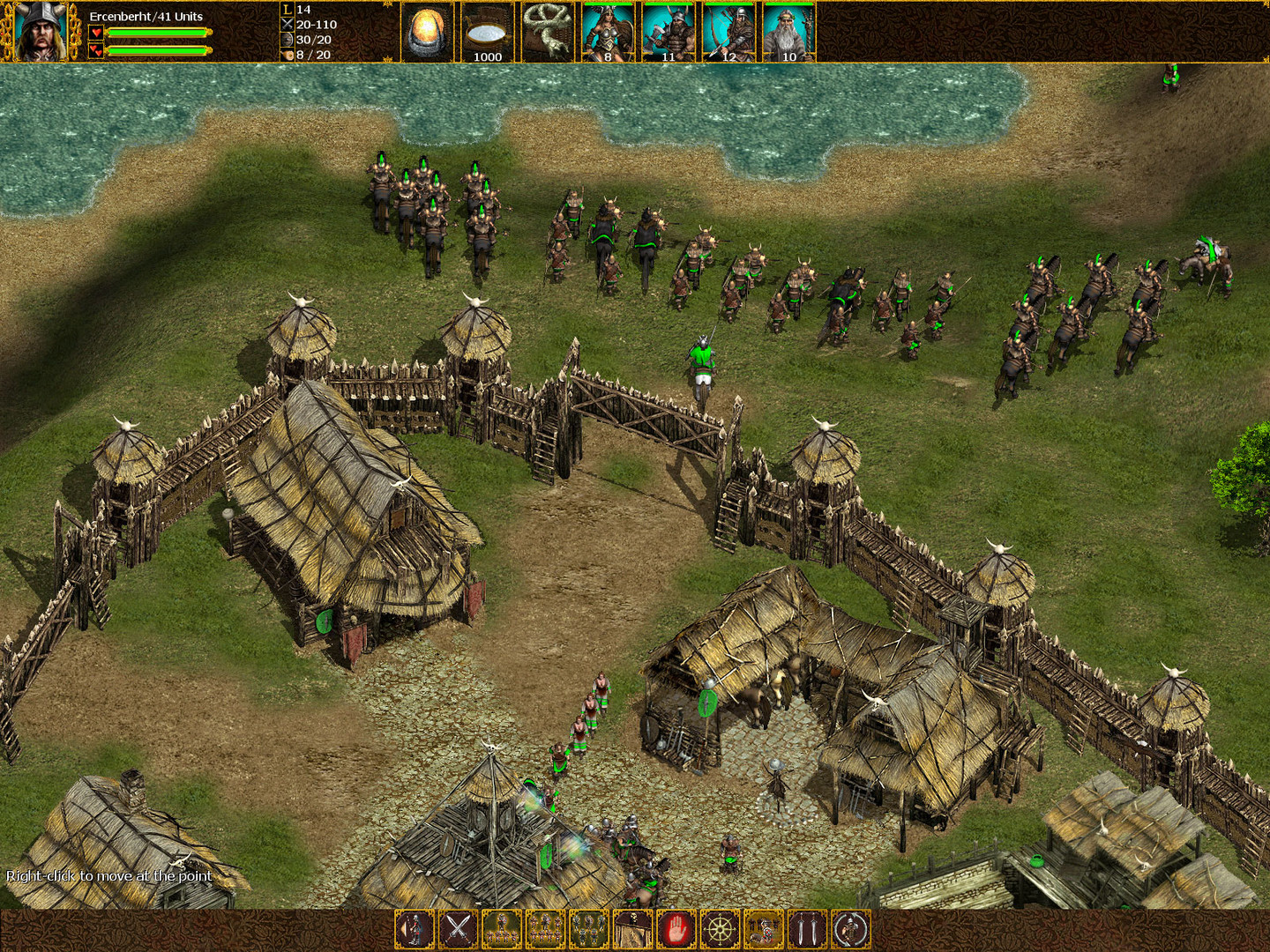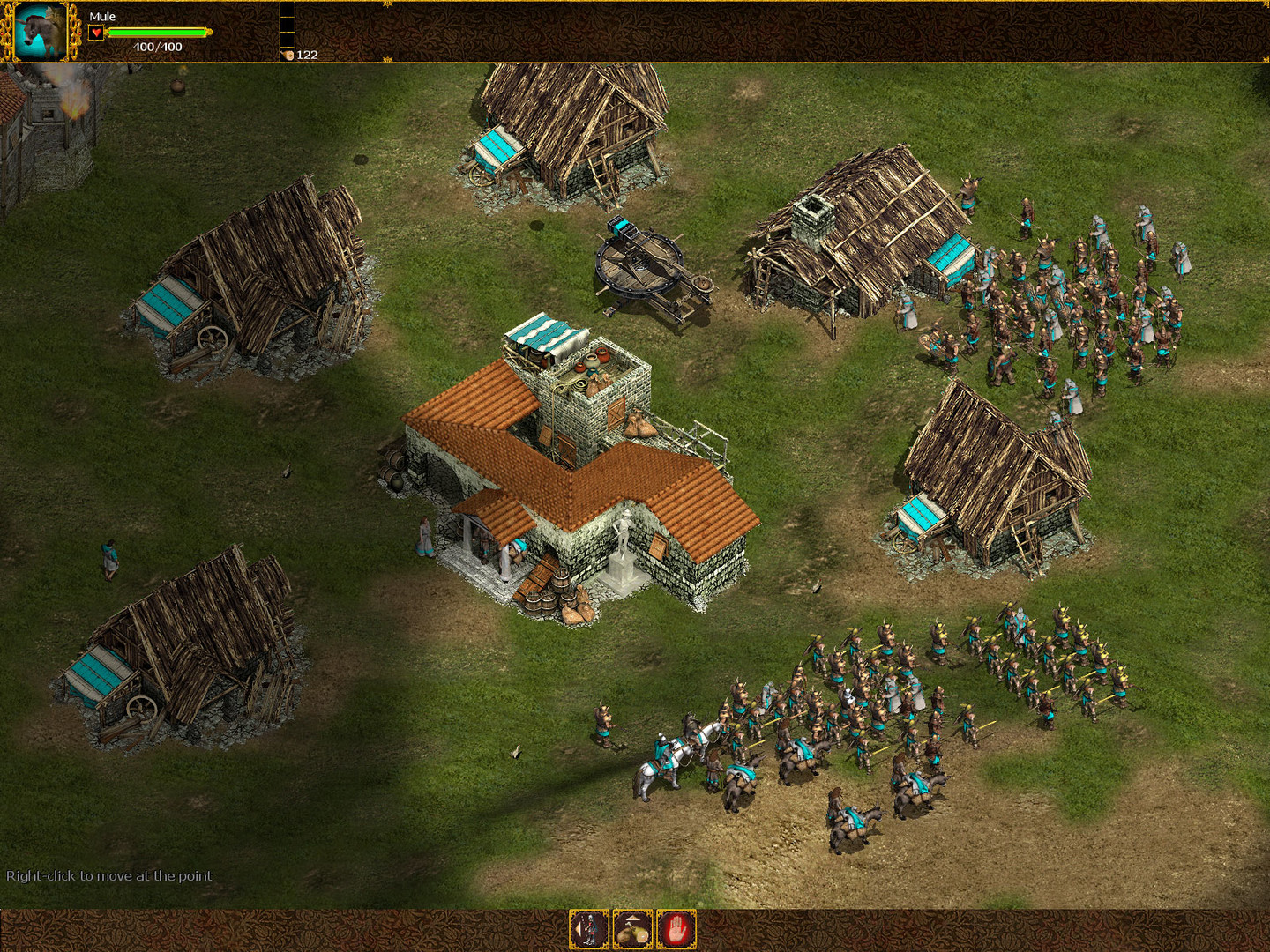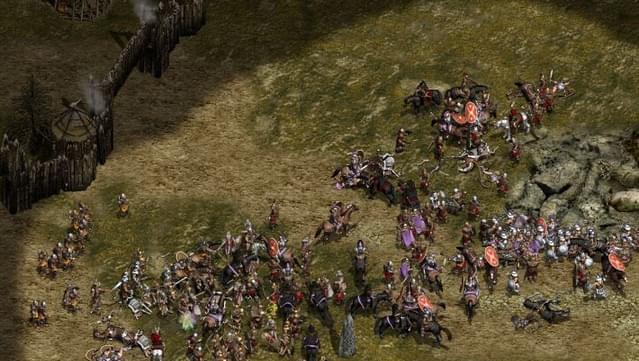



I hope to show that the modern word ‘Celtic’ – which was unknown in the Middle Ages in both French and English – gives a better idea of the atmosphere which the authors of these tales wished to convey.
#Celtic kings rage of war adventure woman warrior island full#
But even the word ‘Welsh’ does not, in my opinion, express the full meaning of what ‘Breton’ means in the context of the Breton lays. 2 It is therefore to Old Welsh literature that we should look for possible sources of inspiration. The people referred to by this name were in fact the ancient Britons, that is to say the British Celts, whom the Anglo-Saxons also called ‘Wealas’, or the Welsh. The claim is questionable for several reasons, not only because of the absence of evidence in medieval manuscripts, but because of a fundamental misunderstanding of the meaning of the word ‘Breton’ in the context of Anglo-Norman and Middle English poetry. Some of them – even the early ones – do not bother with the ‘Celtic’ criterion but still claim to be Breton lays because of their supposed source or origin, thus showing that the genre was based less on setting than on a tenuous concept of oral transmission by Breton minstrels. Many, though not all, are set in the ‘Celtic’ regions of Britain, Brittany, or both. 3 While the ancient Greeks knew of a people they called Keltoi, it is only since the 18 th century tha (.)ģ The authors of Breton lays normally claim to base their tales on songs sung by Breton minstrels.

Clark Hall, A Concise Anglo-Saxon Dictionary, 1894 4 th ed., Cambridge, Cambridge Univers (.) It would thus be more apt to speak of ‘Celtic lays’ in Old French and Middle English, since the word ‘Celtic’ now conveys to us what medieval French and English poets meant by the word ‘Breton’. The Anglo-Norman poet ‘Marie de France’, writing for the Plantagenet royal court in the 12th century, had at her doorstep the well-attested riches of Welsh literature as a model and inspiration, whereas no evidence exists for any independent songs or tales from Brittany at this time. Their poetry, often associated with the Otherworld and a belief in fairy magic, would be labelled ‘Celtic’ later in history, but that term was not available when the ‘Breton lays’ first appeared. Being neither English, Norman or French, the language of the Bretons, Britons, or British appeared exotic to the dominant political groups. For the English and French, these people were ‘other’, their culture a source of mystery. But the word ‘Breton’ is misleading while it now refers to the inhabitants of Brittany, in medieval literature ‘Breton’ and ‘Briton’ were undifferentiated, applying to the early, non-Germanic inhabitants of Britain and Armorica, whose language was Old Welsh. It is commonly supposed that the Breton lays, in both Old French of the 12th century and Middle English of the 14th century, were based on songs originally sung by Breton minstrels. An exploration of the semantic and cultural fields behind the term ‘Breton’ suggests that the modern word ‘Celtic’ corresponds better to what is implied by the expression ‘Breton lay’.


 0 kommentar(er)
0 kommentar(er)
